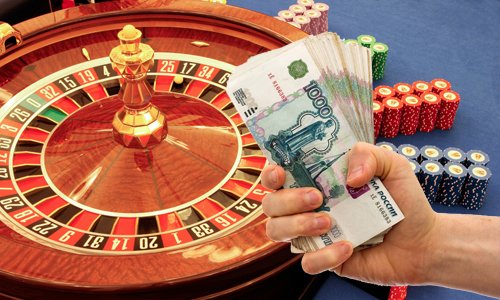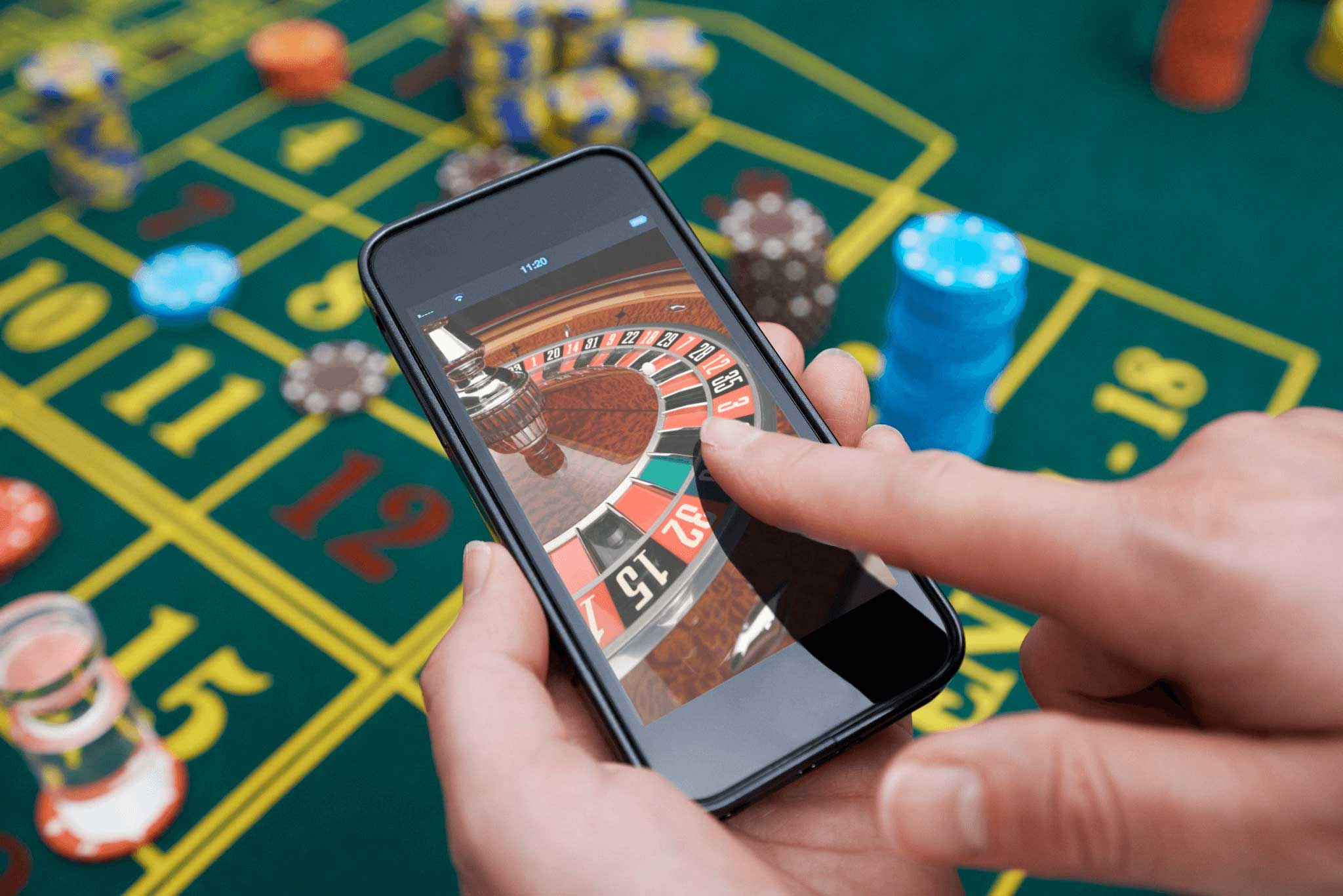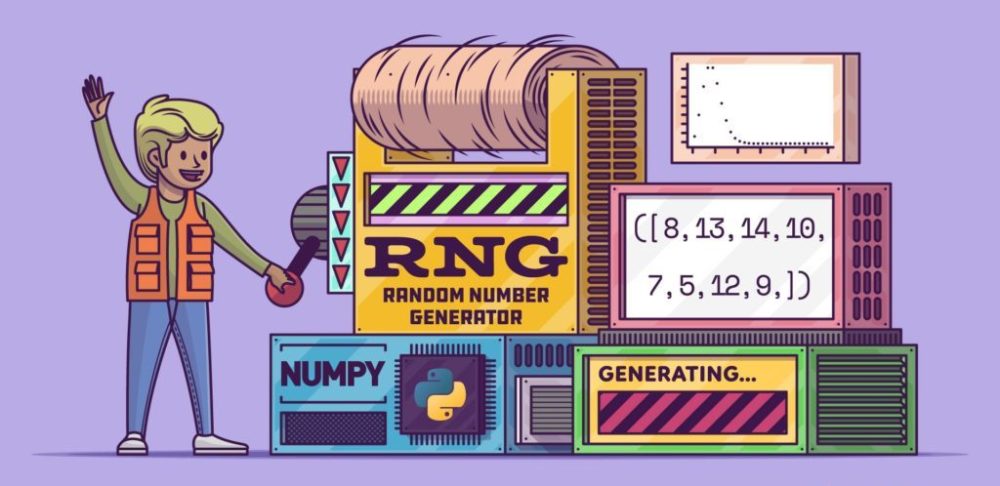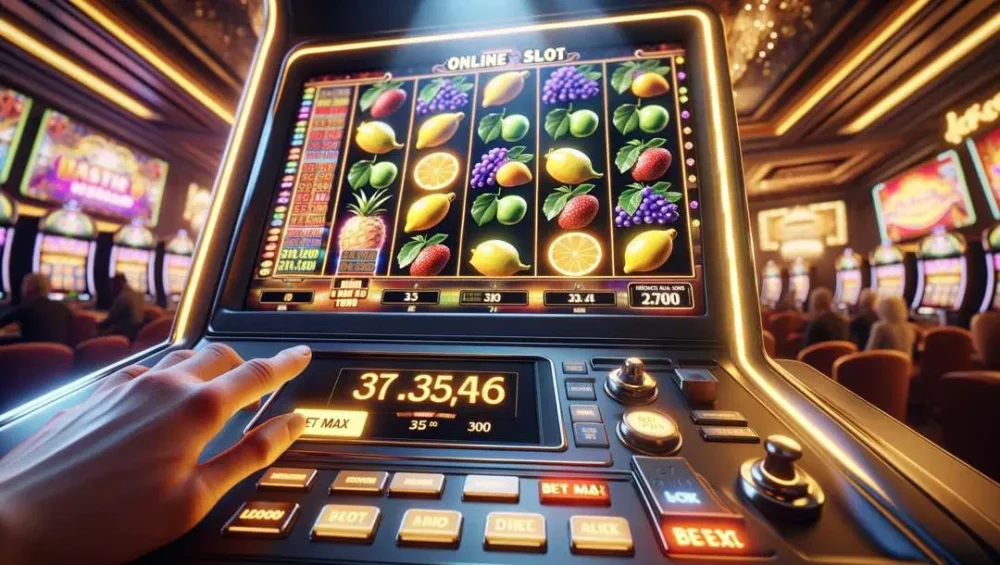Slots, despite their reputation for being highly random, involve the concept of RTP (Return to Player), which determines the expected return. Choosing slots with high RTP is the first step in a strategy aimed at how to be ahead in a casino.
However, RTP alone is not enough. Volatility is equally important. Low-volatility slots return money more often but in smaller amounts, while high-volatility ones require patience but can provide significant winnings.

To approach slots pragmatically, beginners use demo mode, analyze the frequency of bonus features, and choose licensed providers. Continuous analysis of the slot’s behavior in real sessions helps form an understanding of risks and rewards, directly impacting how to increase chances of winning in a casino.
Strategic Thinking as the Basis for Profitability
Technical knowledge alone does not yield results without common sense. The overarching goal of understanding how to be ahead in a casino requires the ability to plan, analyze, and adjust behavior. Conscious decision-making forms the foundation on which results are built.
When calculating bets, it is essential to consider the session limit. If the budget is exceeded, stopping should be immediate. Assessing odds, planning for the long term, choosing games with minimal advantage – all steps boil down to a systematic approach.
Only through methodicalness can a stable behavior model be established, where risk is controlled, and emotions take a back seat.
Emotional Control and Acceptance of Losses
Mistakes begin when a player relies on instincts. Losses trigger a desire to make up for them, and the thrill of gambling replaces analysis. Understanding reactions is crucial to knowing how to be ahead in a casino.
Control does not mean suppressing emotions but requires clear limits on winnings and returns. Once the goal is achieved, it is essential to stop. The strategy should not depend on luck; it should be guided by consciousness.
Even the most advanced casino gaming tips will not work if decisions are made impulsively. A conscious response to losses is the key skill of a successful participant.
Strategies to Help Stay Ahead
There are several proven methods that, when approached correctly, ensure stability. Below are key winning strategies in online casinos that can yield results:
- bankroll distribution across sessions and bet types;
- choosing formats with minimal house edge;
- using bonuses with transparent conditions and low wagering requirements;
- alternating between high and low volatility slots;
- timely exit upon reaching win goals.
Each tactic requires not just luck but self-discipline. Understanding one’s limits and having an adequate perception of the situation create conditions to figure out how to be ahead in a casino even during short losing streaks.
Managing Bonuses Without Losing Focus
Bonuses are often seen as an opportunity to gain additional profitable resources. However, in reality, they come with many nuances. To turn them into a useful tool, it is important to consider:
- restrictions on maximum winnings;
- the feasibility of meeting wagering requirements;
- compatibility with the chosen strategy;
- contribution of different formats to meeting requirements;
- budget adequacy for meeting conditions.
Effective bonus management requires a full understanding of the platform’s mechanics. Without this, any bonuses can easily turn into a trap rather than a source of benefit.
Financial Management as the Foundation of Strategy
Money management is one of the key areas of control. Financial planning helps limit losses, set the pace for sessions, and maintain psychological balance. Without this, it is impossible to understand how to be ahead in a casino in the long run.
The bankroll is divided into gaming blocks. Each block represents an independent session that does not affect the next one. Win limits are separately set, and participation stops once they are reached. Using e-wallets and tracking transactions enhance control over the process.

How to Stay Ahead When Playing in an Online Casino: Key Takeaways
By understanding the key mechanisms, one can conclude that the game requires systematicity. Stable profits cannot be achieved relying solely on luck. Only a combination of strategy, budget management, emotional control, and technical analysis creates conditions where participation becomes a manageable process.
Success does not come instantly. It is built over time through repetition, adjustment, and cutting off impulsive decisions. In this context, even a novice can learn the principles leading to a positive outcome.




 The live format is suitable for both beginners and experienced users. For the former, it provides simple navigation, the ability to observe the dealer’s actions, and a comfortable gaming environment.
The live format is suitable for both beginners and experienced users. For the former, it provides simple navigation, the ability to observe the dealer’s actions, and a comfortable gaming environment. Live dealer options offer a wide range of choices, from traditional roulette to innovative game shows. The unique combination of technology, professional presentation, and interactivity makes live casinos an essential part of the modern gambling ecosystem.
Live dealer options offer a wide range of choices, from traditional roulette to innovative game shows. The unique combination of technology, professional presentation, and interactivity makes live casinos an essential part of the modern gambling ecosystem.
 One of the critical miscalculations is choosing an online casino for high rollers without considering its reputation, license, and terms. The pursuit of generous bonuses or casinos with high withdrawal limits often leads to illegal platforms. These resources may offer high-stakes gaming, but they may block payouts, manipulate software, or delay identity verification.
One of the critical miscalculations is choosing an online casino for high rollers without considering its reputation, license, and terms. The pursuit of generous bonuses or casinos with high withdrawal limits often leads to illegal platforms. These resources may offer high-stakes gaming, but they may block payouts, manipulate software, or delay identity verification. Financial losses among high rollers are most often caused not by a lack of luck, but by a disregard for the basic principles of control and analysis in the casino. High stakes involve high responsibility, discipline, and continuous learning. Regardless of the level of bonuses, the quality of the loyalty program, or the payout limits, success requires a systematic approach.
Financial losses among high rollers are most often caused not by a lack of luck, but by a disregard for the basic principles of control and analysis in the casino. High stakes involve high responsibility, discipline, and continuous learning. Regardless of the level of bonuses, the quality of the loyalty program, or the payout limits, success requires a systematic approach.

 By obtaining a VIP status at an online casino, users gain a range of privileges that directly impact their gaming experience and financial capabilities. These include increased withdrawal limits, personalized support, and access to exclusive events.
By obtaining a VIP status at an online casino, users gain a range of privileges that directly impact their gaming experience and financial capabilities. These include increased withdrawal limits, personalized support, and access to exclusive events. A VIP status in an online casino is the result of systematic activity, careful selection of a platform, and participation in a well-thought-out casino loyalty program. It provides players with tangible benefits, including access to exclusive offers, enhanced bonuses, personalized support, and priority service.
A VIP status in an online casino is the result of systematic activity, careful selection of a platform, and participation in a well-thought-out casino loyalty program. It provides players with tangible benefits, including access to exclusive offers, enhanced bonuses, personalized support, and priority service.
 One of the AI’s functions is to create a personalized environment — selecting slots, jackpots, and bonus rounds based on user behavior. Algorithms analyze the frequency of sessions, genre preferences, activity level, and the amount of bets. AI in online casinos generates offers that seem more attractive to the player.
One of the AI’s functions is to create a personalized environment — selecting slots, jackpots, and bonus rounds based on user behavior. Algorithms analyze the frequency of sessions, genre preferences, activity level, and the amount of bets. AI in online casinos generates offers that seem more attractive to the player. Current trends in iGaming indicate an expanding influence of smart technologies. In the coming years, the future of AI in gambling will be associated with the introduction of more complex forms of behavioral analytics, integration with blockchain technologies, and the creation of adaptive gaming scenarios. However, the integrity architecture, based on random number generation, will remain unchanged.
Current trends in iGaming indicate an expanding influence of smart technologies. In the coming years, the future of AI in gambling will be associated with the introduction of more complex forms of behavioral analytics, integration with blockchain technologies, and the creation of adaptive gaming scenarios. However, the integrity architecture, based on random number generation, will remain unchanged.
 For gambling platform operators, the IP address is the primary parameter used to monitor attempts to violate casino multi-account bans. The same address being associated with multiple accounts can be interpreted as a direct indication of the creation of duplicate profiles.
For gambling platform operators, the IP address is the primary parameter used to monitor attempts to violate casino multi-account bans. The same address being associated with multiple accounts can be interpreted as a direct indication of the creation of duplicate profiles. Automatic monitoring mechanisms are becoming increasingly accurate. A match between an IP address and a casino account is not always a violation, but it is a significant reason for verification. It is important to understand why it is not allowed to create multiple casino accounts, even if there is a technical match.
Automatic monitoring mechanisms are becoming increasingly accurate. A match between an IP address and a casino account is not always a violation, but it is a significant reason for verification. It is important to understand why it is not allowed to create multiple casino accounts, even if there is a technical match.
 One of the common misconceptions is the perception of the return level as a guaranteed return within a single gaming session. The participants are confident that the payout percentage works immediately and without deviations. However, the difference between RNG and RTP highlights the impossibility of forecasting in the short term.
One of the common misconceptions is the perception of the return level as a guaranteed return within a single gaming session. The participants are confident that the payout percentage works immediately and without deviations. However, the difference between RNG and RTP highlights the impossibility of forecasting in the short term. Thus, the difference between RNG and RTP boils down to the key distinction between momentary randomness and long-term probability. The former is responsible for the unpredictability of outcomes, while the latter ensures the balance of payouts over a large number of sessions. Understanding this distinction not only enhances trust in the gambling platform but also minimizes the impact of emotional decisions. With proper licensing, certification, and transparent algorithms, gambling can truly be an honest mechanism rather than a mathematical trap!
Thus, the difference between RNG and RTP boils down to the key distinction between momentary randomness and long-term probability. The former is responsible for the unpredictability of outcomes, while the latter ensures the balance of payouts over a large number of sessions. Understanding this distinction not only enhances trust in the gambling platform but also minimizes the impact of emotional decisions. With proper licensing, certification, and transparent algorithms, gambling can truly be an honest mechanism rather than a mathematical trap!
 Volatility determines how often a slot machine pays out. High volatility means rare but large wins. Low volatility means frequent but small wins. Experience shows that beginners tend to choose low-volatility slots (such as NetEnt’s Starburst), while professionals prefer high-volatility slots like Dead or Alive II with sudden spikes and high risk.
Volatility determines how often a slot machine pays out. High volatility means rare but large wins. Low volatility means frequent but small wins. Experience shows that beginners tend to choose low-volatility slots (such as NetEnt’s Starburst), while professionals prefer high-volatility slots like Dead or Alive II with sudden spikes and high risk. The right choice is based on analytics, not emotions. It involves comparing RTP, volatility, and functionality. Choosing a slot machine becomes a strategic decision rather than a spontaneous click. It’s a matter of strategy rather than intuition. Numbers hold more value than luck.
The right choice is based on analytics, not emotions. It involves comparing RTP, volatility, and functionality. Choosing a slot machine becomes a strategic decision rather than a spontaneous click. It’s a matter of strategy rather than intuition. Numbers hold more value than luck.